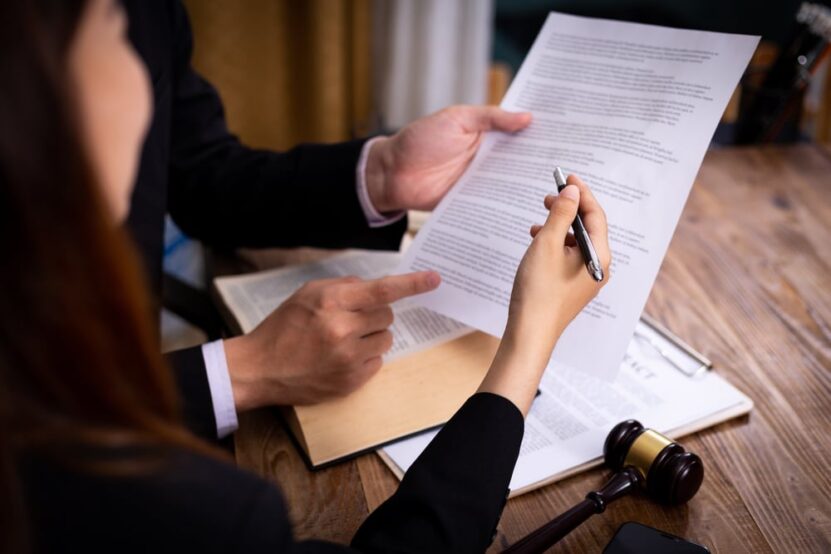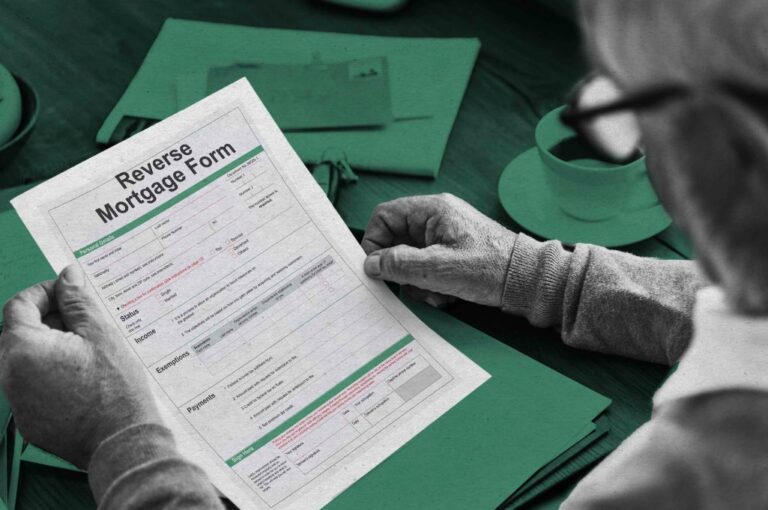Estate litigation is a complex legal area that involves disputes related to the distribution of a deceased person’s assets and properties. Practitioners in this field need a deep understanding of various aspects to navigate the intricacies of these cases effectively. In this comprehensive guide, we will delve into the key elements of estate litigation, providing valuable insights and practical information for practitioners.
Types of Estate Litigation

Estate litigation encompasses a variety of disputes, including will contests, trust disputes, and claims against executors or trustees. Will contests occur when individuals challenge the validity of a will, often citing issues like undue influence, lack of capacity, or fraud. Trust disputes involve disagreements regarding the administration or interpretation of trusts. Understanding these types is crucial for practitioners to identify the specific issues at hand and build a solid case.
Legal Framework
Estate litigation is governed by a complex legal framework that includes federal and state laws, as well as regulations specific to trusts and wills. Practitioners must be well-versed in these legal provisions to navigate the intricacies of estate disputes. Relevant laws, such as the Uniform Probate Code and the Internal Revenue Code, play a significant role in shaping the outcome of cases. A comprehensive understanding of the legal landscape is essential for effective representation and this is what you receive with Derfel Estate Law.
Key Parties Involved
Estate litigation is a multifaceted legal arena that involves several key parties, each with distinct roles and interests. Beneficiaries are individuals with a vested interest in the distribution of the deceased person’s assets. They eagerly anticipate their share and rely on legal professionals to protect their inheritance rights. Executors and trustees, on the other hand, bear significant responsibility. Executors are tasked with managing and executing the terms of the deceased’s will, while trustees oversee trusts established for beneficiaries.
They act as fiduciaries, making decisions that profoundly impact beneficiaries’ financial well-being. Additionally, creditors may enter the fray, seeking to assert claims against the estate to satisfy outstanding debts. Practitioners must comprehend the motivations, rights, and responsibilities of these parties to advocate effectively on behalf of their clients. This includes ensuring that beneficiaries receive their rightful assets, executors and trustees fulfill their duties faithfully, and creditors‘ claims are handled justly and in accordance with the law.
Common Grounds for Estate Litigation

Estate disputes often originate from a variety of common grounds, each with its own intricacies. Lack of testamentary capacity is a frequent issue, referring to a person’s inability to fully grasp the consequences of their actions when creating a will. This may arise due to cognitive impairment or undue external influence. Undue influence, another prevalent ground, occurs when coercion or manipulation leads to changes in estate planning documents, undermining the testator’s true intentions.
Cases involving fraud are equally significant, often stemming from deceitful actions aimed at altering the distribution of assets. Additionally, the presence of ambiguous terms in wills and trusts can spark disputes, leaving room for interpretation and conflicting claims. Familiarity with these grounds is imperative for practitioners to skillfully identify potential issues in their cases and mount strong legal defenses or claims on behalf of their clients.
Initiating Estate Litigation
The initiation of estate litigation is a pivotal moment, demanding meticulous preparation and adherence to legal procedures. When necessary, practitioners must be well-prepared to commence the process by filing a petition or complaint with the appropriate court. This step sets the stage for the entire litigation journey, making a profound impact on the outcome. Understanding the procedural requirements and deadlines is paramount, ensuring that practitioners can navigate the complexities smoothly.
Timely action is critical, as missed deadlines can jeopardize clients’ interests. Moreover, proper documentation is the cornerstone of a strong case. Practitioners must ensure that all necessary paperwork is complete and accurate, as it forms the basis for their arguments and claims throughout the litigation.
Gathering Evidence

Evidence serves as the lifeblood of estate litigation, bolstering claims and defenses alike. Practitioners must guide their clients in the meticulous collection and preservation of relevant documents. This includes wills, trust agreements, financial records, and communication records that shed light on the deceased’s intentions and interactions with relevant parties. Expert witnesses may also play a pivotal role in presenting evidence, providing specialized insights that can sway the outcome.
A strong evidentiary foundation is not only advantageous but often indispensable, as it can significantly influence the judge’s decisions and the overall direction of the case. Practitioners must be adept at strategically deploying evidence to build compelling narratives that support their clients’ positions.
Mediation and Settlement
Alternative dispute resolution methods, such as mediation and settlement, can be valuable tools in estate litigation. These methods offer parties an opportunity to resolve disputes outside of the courtroom, often resulting in faster and less costly resolutions. Practitioners should be adept at negotiating and facilitating these processes to benefit their clients and avoid protracted legal battles.
Going to Court

In some cases, estate disputes escalate to court proceedings. Practitioners should be prepared to navigate the court process, which includes hearings, trials, and interactions with judges. Understanding courtroom etiquette, presenting compelling arguments, and effectively cross-examining witnesses are essential skills for practitioners involved in estate litigation.
Legal Costs and Fees
Estate litigation can be financially demanding, with legal fees, court costs, and expert witness expenses adding up quickly. Practitioners should transparently communicate the potential costs to their clients and explore fee arrangements, such as hourly billing or contingency fees. Managing financial expectations is essential to avoid surprises and maintain a positive client-attorney relationship.
Potential Outcomes
Estate litigation can lead to various outcomes, ranging from favorable settlements to court judgments. Practitioners should provide realistic assessments of potential outcomes to their clients based on the facts and circumstances of the case. Preparing clients for different scenarios and guiding them through the decision-making process is a critical aspect of effective representation.
Conclusion
In conclusion, estate litigation is a multifaceted legal field that demands a deep understanding of its intricacies. Practitioners must be well-versed in the types of disputes, legal framework, key parties involved, common grounds for litigation, and the various stages of the litigation process.
By mastering these fundamentals, practitioners can provide their clients with the guidance and representation they need in estate litigation cases. Stay informed, prepared, and committed to achieving the best possible outcomes for your clients in this challenging but rewarding legal area.







